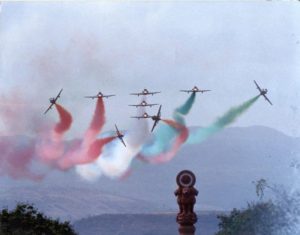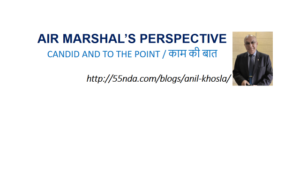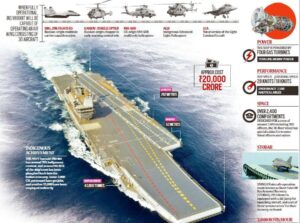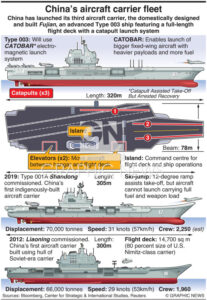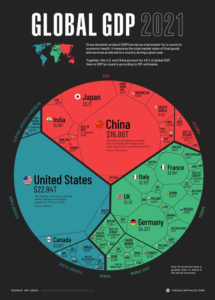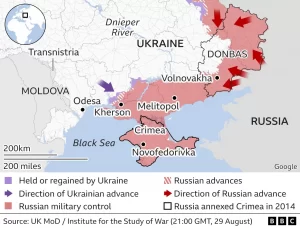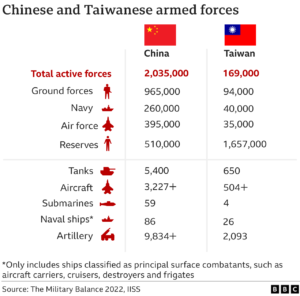| Leadership, Motivation and Management |
| Decision making |
| Mental toughness |
| Earning respect |
| Good leadership qualities and values |
| Science of Karma |
| Good working culture |
| Listening Skills |
| Be good feel good |
| Healthy working environment |
| importance of Tolerance |
| Lessons from Buddha |
| Difference between strength and courage |
| Lessons from rich and famous |
| Leadership lessons from Hollywood movies. |
| Shark in the tank theory of management |
| Car wheel theory of management |
| Aya Ram Gaya Ram syndrome – yes men. |
| Calculated Risks |
| Practical Leadership and management |
| Communication skills and body language |
| Lessons from Nanak |
| Being Responsible and Tolerant |
| Transferable Skills |
| Words of Wisdom |
|
China |
| China’s Brain differently wired |
| China’s strategic thought |
| China’s military modernisation |
| China’s Defence industry |
| China – Pakistan Collusion |
| China – Art of deception |
| China: Kill Pigs List |
| China: Social score System |
| China: Active Defence Policy |
| China’s Joint Strategic support force (JSSF) |
| China – Joint Strategic Support Force. |
| Dealing with the Dragon |
| China’s grey zone operations |
| China: Flavours of military Reform |
| China: Pillars of Military Reform |
| China new diplomacy – drawing red lines in sand. |
| China – demographic analysis. |
| China through US Prism |
| China in South China Sea |
| China’s Military – Civil Fusion |
| PLAAF Analysis Strengths and weaknesses |
| Book review on China Airpower |
| Dealing with Dragon |
| Knowing China Better: lie flat and let it rot |
| Knowing China Better social life and customs |
|
Geopolitics |
| China |
| Pakistan – National security Policy, Turmoil |
| Afghanistan |
| India’s foreign policy |
| India’s neighbourhood |
| Quad |
| Indo – Russian relations |
| State of Airpower assets in Afghanistan |
| Indo – US relations |
| Afghanistan: Taliban runover |
| US-China shadow boxing over Taiwan |
| China spoiling Bhutan’s GNH. |
| South China sea |
| Gini Index and implications. |
| Multilateralism: Flexible Security Cooperation. |
| China Pak Collusivity |
| Collective Security |
| Sri Lanka Economic crisis: lessons and opportunity |
| Ukraine Conflict |
| Djibouti: Tug of war between USA and China |
|
Air Power |
| Airpower in Grey zone operations |
| Airpower in no war no peace situation |
| Air Power & Non-Kinetic warfare |
| Air Power in Multi-Domain warfare |
| Airpower in HADR ops and aid to civil authorities |
| Drone Threat the big picture |
| Fighter aircraft classifications by generations |
| Emerging Technologies and Air Defence |
| Air Power in Modern Day Warfare |
| S-400 SAM AD System |
| Combat Aviation |
| Changing nature of warfare |
| Air Defence operations |
| Air power concepts: Command / control the air, air supremacy, Air superiority & Favourable air situation. |
|
Technology |
| Hypersonics and hypersonic weapons |
| Technology and airpower |
| Future Trajectory of AI |
| Artificial intelligence |
| Unmanned Platforms and Swarms, Loyal wingman concept |
| AI and Fake News |
| AI: Digital twins and Surrogate models |
|
Cyber Safety and Security |
| Cyber warfare |
| Digital addiction |
| Economic Cyber Frauds |
|
Space |
| Space operations |
| Space warfare and organisation in India |
| Space-based ISR |
|
Indian Air Force |
| Capability development |
| Tejas and AMCA project |
| IAF role in HADR and aid to civil and other agencies |
| Network-centric operations |
| PLAAF and IAF comparative analysis |
| IAF Modernisation |
| Balakot Operations |
| Rafale induction and capability enhancement |
| S-400 Induction |
| Fire Power Demo: Ex Vayu Shakti |
|
War and Warfare |
| Types of war |
| Decoys and deception |
| Afghanistan Air Assets |
| Future Wars |
| warfare |
| Grey Zone Warfare |
| Classification of warfare into generations (Russian Thoughts) |
| Domains of warfare |
| C4ISR |
| Military Balance in the region |
| Ukraine War: Air Power aspects, a case of dog and the bone, Air superiority aspects, decoding Ukraine war |
| Operational Logistics |
| Lesser known facts about 1971the War |
| Review of book on 1962 war |
| Review of book on 1965 war |
| India’s two-front challenge |
| Douhet theories |
| Duration of Conflict |
| Jasjit Singh on Airpower |
| Galwan stand off |
| Asymmetric Threat |
| Nuclear aspects revisited |
| Accelerating the paradigm Shift |
| National Security / Military Strategy |
| Urgent need for National Security Policy |
| Multilateralism: Relevance and changes |
| National Security Strategy |
|
Military |
| Military diplomacy |
| Military spending: trends and analysis. |
| Collusive threat and Deterrence: Air and Space Aspects |
| Integrated Capability Development. |
| Joint war game training systems |
| Fighter Pilot: Traits |
| Agni veer and Agnipath / Tour of duty / making best of the scheme |
| Andaman and Nicobar Command and Islands |
| Joint Operations and Joint man ship |
|
Higher Defence Organisation |
| Department of military affairs |
| Theaterisation |
| Air defence command |
| Civil-military fusion |
|
Flight Safety |
| Golden rules of safety |
| Importance of SOPs |
| A proactive approach to safety |
| Damage due to Bird Hits and Foreign Objects |
| Good safety Culture |
|
Defence Industry |
| Indigenous defence industry |
| HAL and DPSUs |
| Role of the private sector in defence production |
| Arms Transfer to Afghanistan |
| Defence Budget issues |
| Atmanirbharta |
| IAF and indigenisation |
| Indian Initiatives to promote self-reliance |
|
Stories |
| My tryst with HT-2 aircraft: The day god flew with me |
| The day I flew my dad’s car |
| Male Lake: Tale of two coursemates |
| Flying Tales |


